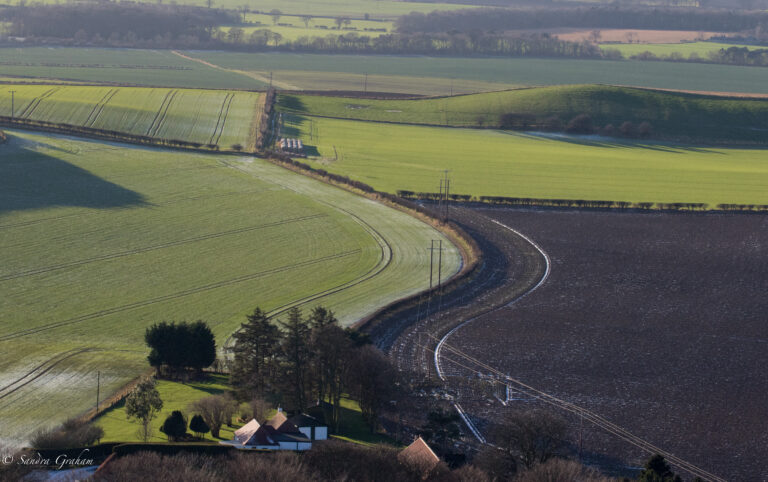
How to talk to your MSP about the Agriculture Bill
It's vital that MSPs hear their constituents calling for an Agriculture Bill that works for nature, climate and people. Watch our webinar and read our guide on speaking to your MSP about the bill.

It's vital that MSPs hear their constituents calling for an Agriculture Bill that works for nature, climate and people. Watch our webinar and read our guide on speaking to your MSP about the bill.
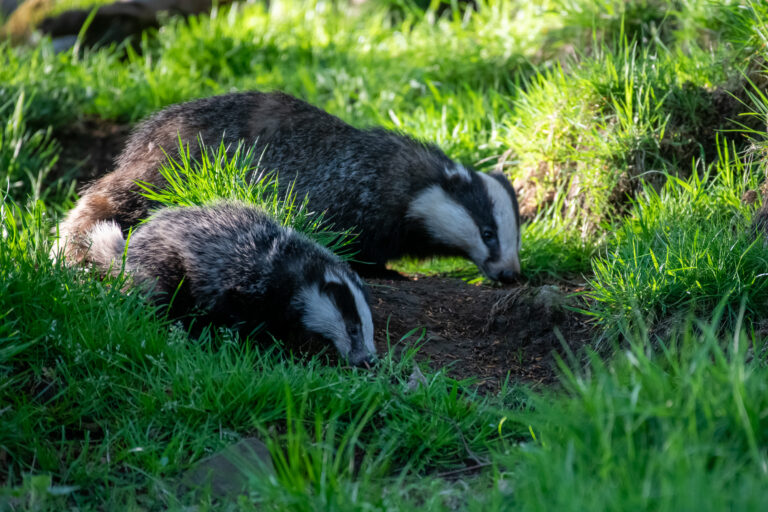
Larger wild mammals function as the glue that holds everything else in nature together, important for farming and breathing life into vital processes to that keep the people of Scotland fed and the land habitable, says Dr Elspeth Stirling.
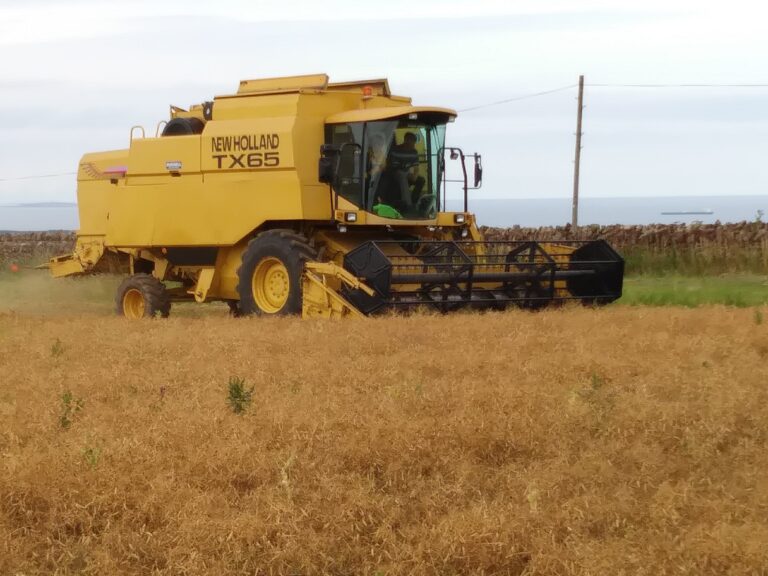
Members of Scottish Environment LINK’s Food and Farming group have set out in a briefing for MSPs what the Scottish government’s Agriculture Bill, expected this autumn, must contain in order to help make farming work for nature, climate and people.
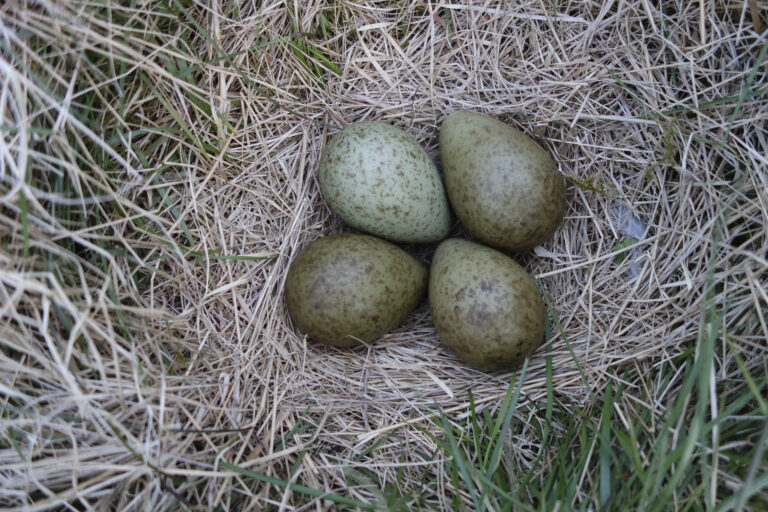
Farmers and crofters are a critical part of the solutions to tackle climate change, and to protect and restore nature. Many are already taking vital steps to farm in nature friendly ways. Changing the way that the farming funding system operates, and putting nature at its heart, will help to save nature and climate.
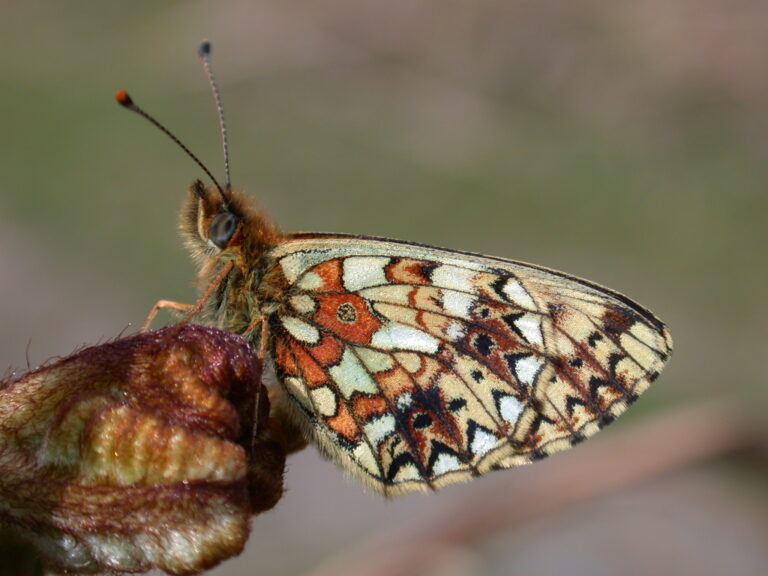
An Agriculture Bill that delivers for biodiversity is an opportunity to shatter the illusion of the dichotomy between nature conservation and productive farming, creating a genuinely sustainable and just system that works for our entire environment, says Kieran Thomas.

Good quality ponds, especially warm ones, are vital breeding habitats for amphibians in the spring, when spawn and tadpoles will be using them to develop into adults. Often farm ponds suffer from agricultural run-off - but there are practical measures farmers can take to address this.

Native breeds should be seen as crucial in bringing greater sustainability to modern farming and land management practices, and government policy and funding should reflect this, says Steve McMinn.